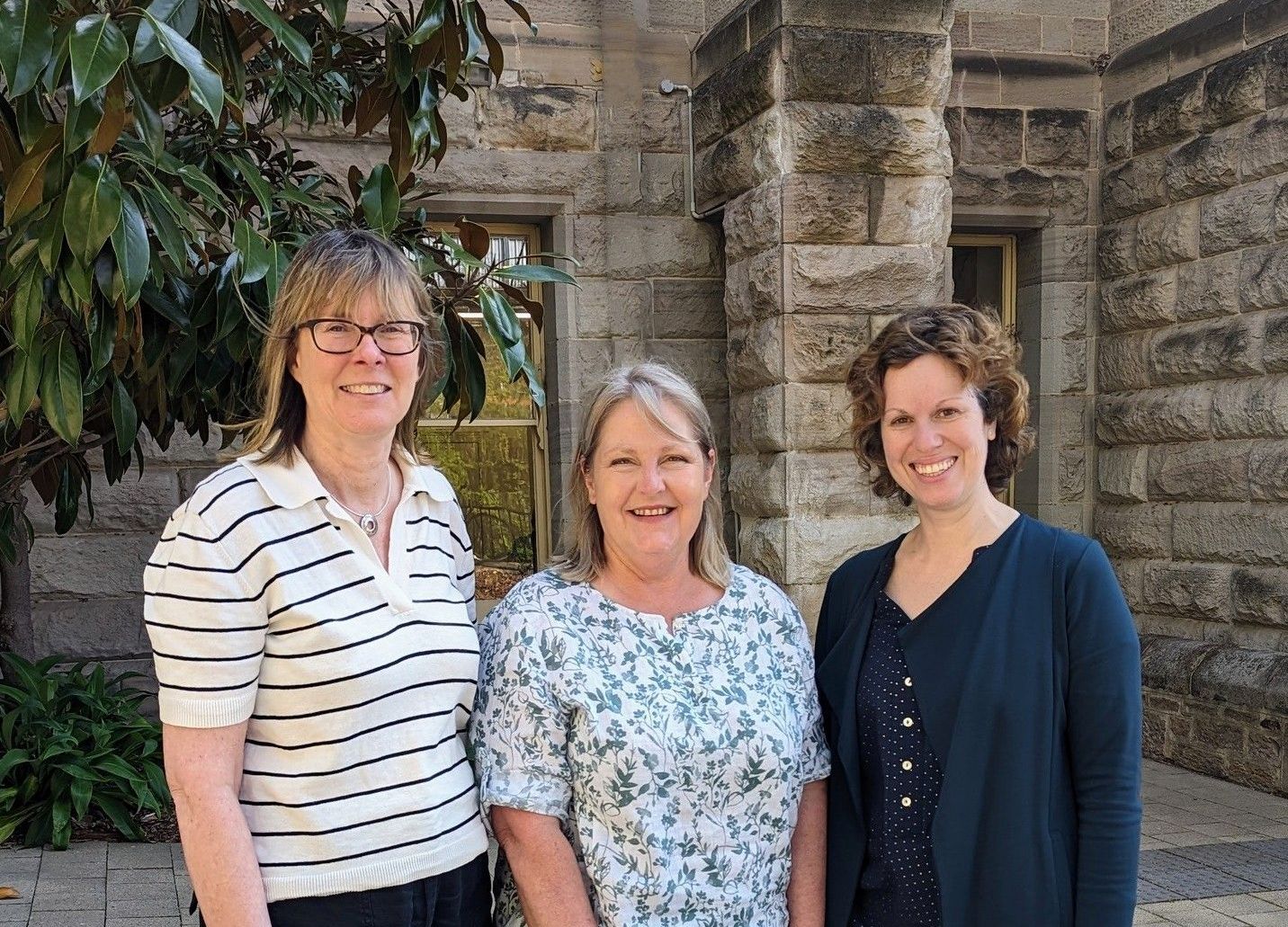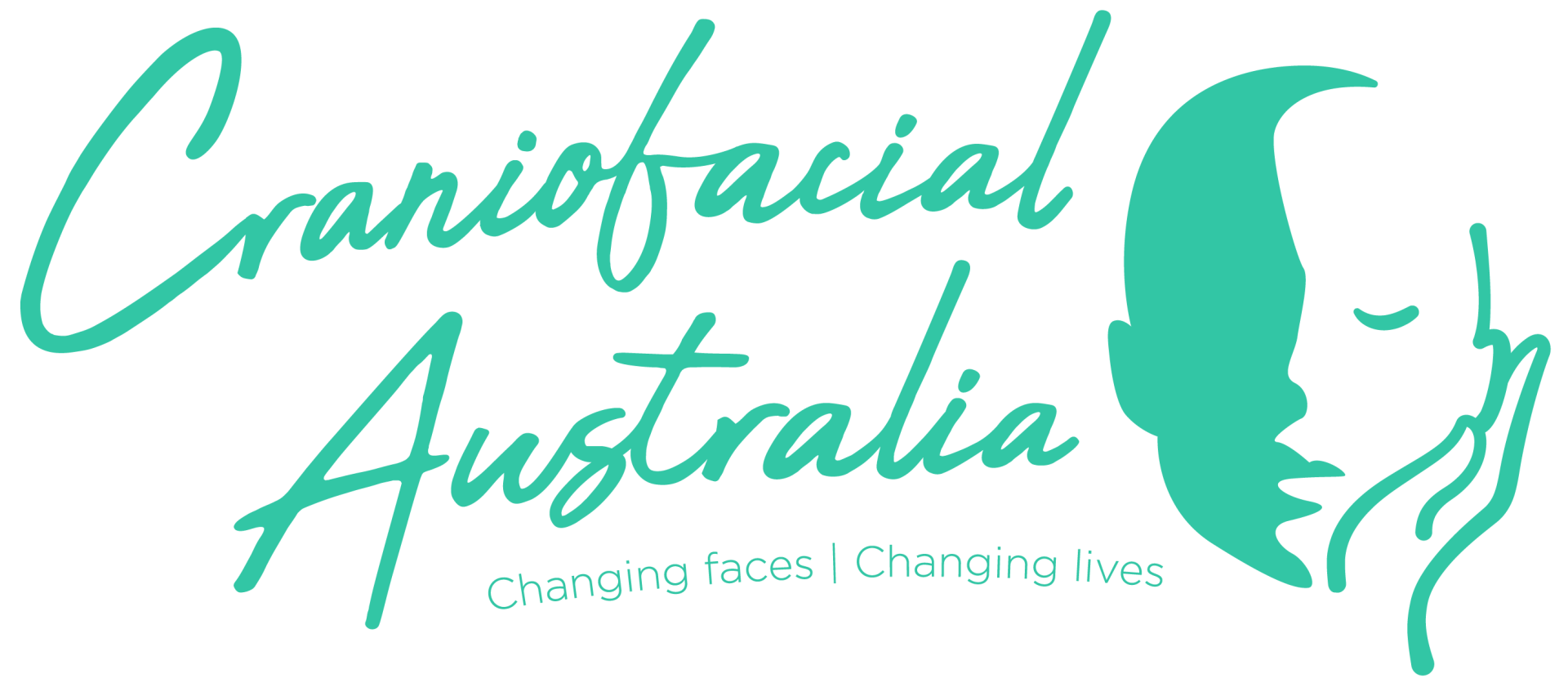PROJECT: More than a diagnosis: Voices of those living with craniofacial conditions
RESEARCHERS: Prof. Rachel Roberts, Dr Amanda Osborn and Assoc. Prof. Diana Dorstyn
LOCATION: The University of Adelaide

At a glance
People living with craniofacial conditions often face challenges that go far beyond medical treatment. While research has captured the experiences of parents, very little is known about what life is like from the perspective of those who live with these conditions themselves.
This project will be the first in Australia to gather and share those voices, helping us better understand their needs, challenges, and strengths.
Summary
This research will listen directly to children (aged 8 and above), teenagers, and adults with congenital craniofacial conditions (excluding isolated clefts). Through one-on-one, in-depth interviews, participants will share their personal experiences of school, friendships, healthcare, growing up, and navigating the world around them.
Up to 30 participants across Australia will be interviewed. Their stories will shed light on important issues such as stigma, identity, emotional wellbeing, and access to support.
By focusing on the voices of individuals themselves, rather than only their parents, this project will uncover new insights into how craniofacial conditions affect everyday life, from childhood through to adulthood.
Impact on the Future
The findings of this project will:
- Highlight the social and emotional challenges people face across different life stages
- Identify gaps in existing care and support services
- Guide the development of new resources tailored to the real needs of individuals and families
- Contribute to more inclusive healthcare practices in Australia
By amplifying these voices, we aim to create a future where people with craniofacial conditions are better supported not only in hospital, but at school, in the community, and throughout their lives.
This project builds on previous research funded by
Craniofacial Australia and strongly reflects our mission: to enhance lives through research-led, patient-centred approaches.


